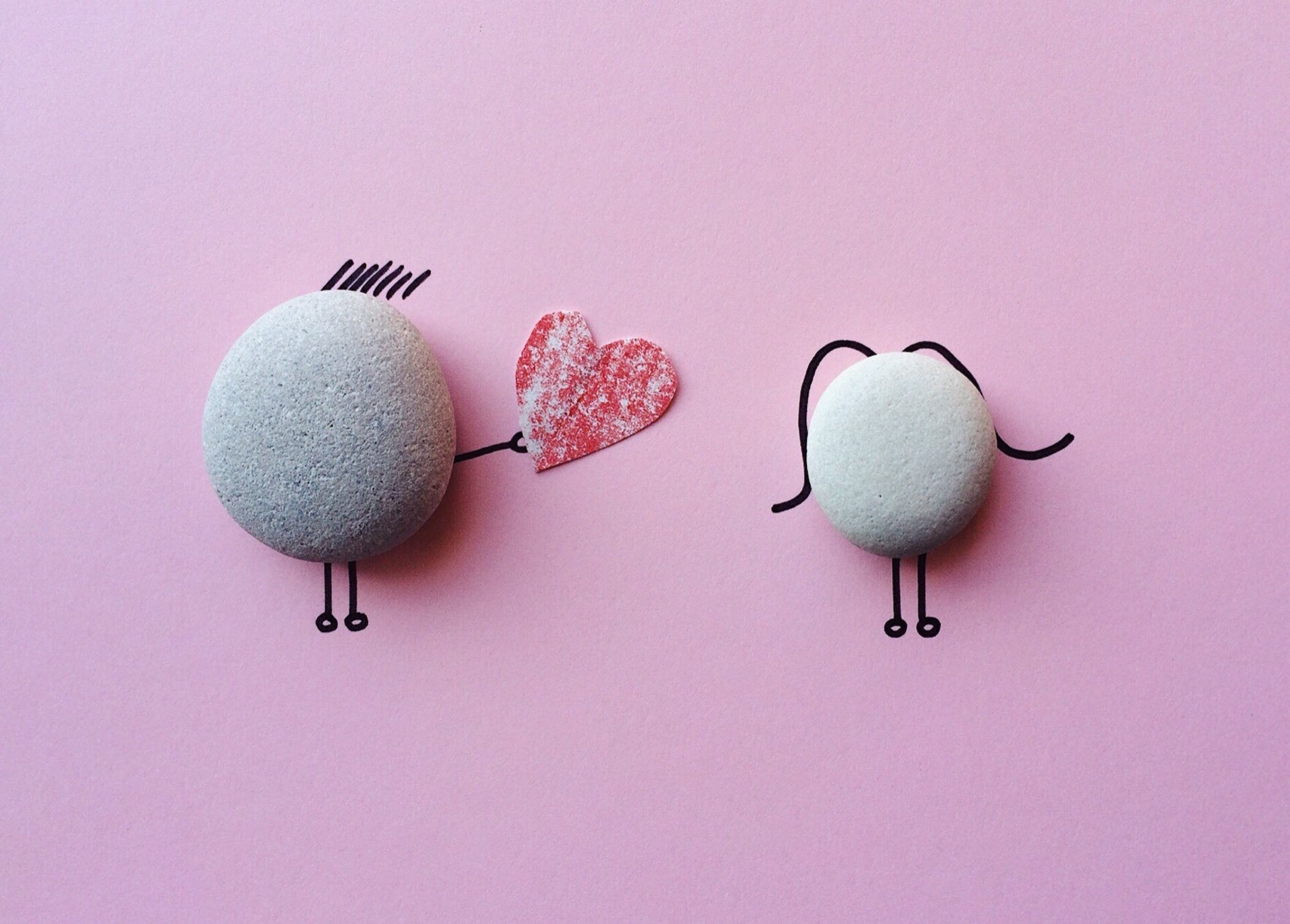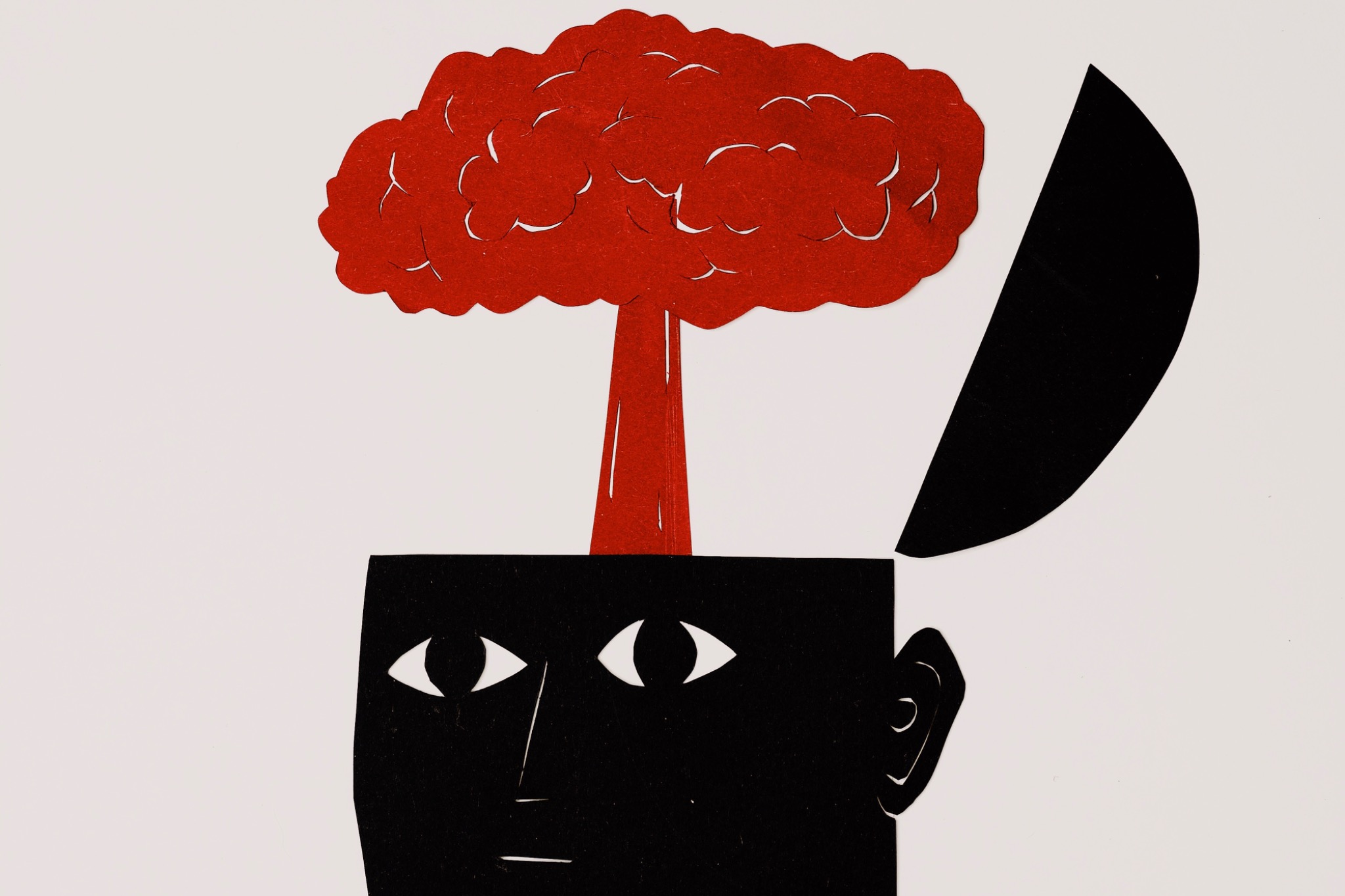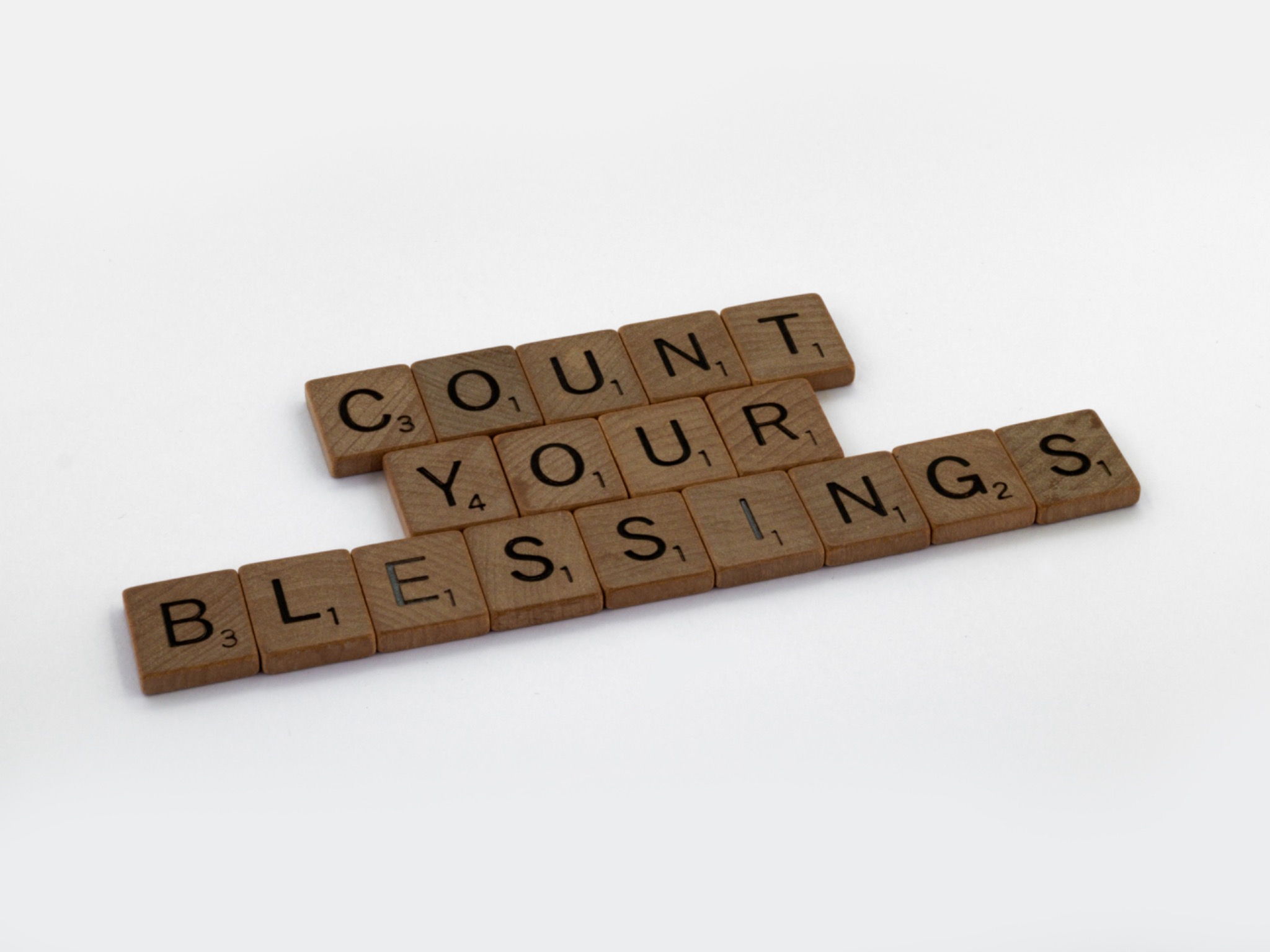
Vol. 14: Gratitude
Is it an emotion? A virtue? A behavior?
The Sanskrit word for “thanks” is Dhanya Vad, which loosely translates to "I am grateful."
Most people agree that gratitude involves being thankful and appreciative and is associated with several mental and physical health benefits.
When you experience gratitude, you feel grateful for something or someone in your life and respond with feelings of kindness, warmth, and other forms of generosity.
Gratitude is often a spontaneous emotion that you feel in the moment.
Some people are naturally prone to experiencing it more often than others, but experts suggest that gratitude is something you can cultivate and learn to practice more often.

"In general terms, gratitude stems from the recognition that something good happened to you, accompanied by an appraisal that someone, whether another individual or an impersonal source—such as nature or a divine entity—was responsible for it," explain researchers in a 2019 article published in the journal Frontiers in Psychology.
Of course, in different contexts, gratitude can mean other things to different people. However, researchers have developed some frameworks for conceptualizing gratitude for scientific study.
If you've read my other articles, you know I'm all about the science behind my mental highs and lows.
Gratitude is not simply a cultural construct but deeply rooted and embedded in our evolutionary history, brains and DNA.
GRATITUDE FOR BRAIN & BODY
Gratitude enables us to overcome our hard-wired negativity bias—our tendency to focus on adverse events rather than positive ones.
Think about your most memorable dining experience; not the best experience necessarily, but the one that sticks out from the others.
Why do you remember that meal in particular?
No lemon slice on the rim of your water glass, the service was sub-par, or perhaps the mashed potatoes were unseasoned?
The dining experiences that saw us through to the last bite of a divine desert without incident are the first to fade from our memories because negativity bias is always at work.
Earlier in human history, negativity bias had a critical survival function. Perceiving a threat more strongly than a benign encounter could have been the difference between life and death.
But today, it's more common that our negativity bias makes us unhappy and anxious. It also explains why it takes so much intentionality to practice gratitude.

Back in 2008, scientists conducted a study to measure the brain activity of people thinking and feeling gratitude.
They found that "gratitude causes synchronized activation in multiple brain regions, and lights up parts of the brain's reward pathways and the hypothalamus."
Being grateful boosts the neurotransmitter serotonin and stimulates the brain stem to produce dopamine.
Dopamine is our brain's pleasure chemical. The more we think positive, grateful thoughts, the healthier and happier we feel.
By now, it's no secret that practicing gratitude allows our brains to release these "feel good" chemicals that positively impact mood and willpower.
But what's not as well known is that regularly engaging in a gratitude practice strengthens these neural pathways.
Over time, practicing gratitude will "train" your brain to focus on what's going well versus what isn't. And that leads to all sorts of positive outcomes—mental and physical.
Thanks to the flexibility or plasticity of the brain, positive thinking can become a way of life.
When your brain is aflush with positive thoughts, you can expect to improve every arena of your existence, including your relationships, health, goals, stamina, and motivation.
Implementing gratitude has helped tremendously with my mental ailments, such as anxiety.
A few moments of self-reflection on something I am thankful for is enough to slice through my toxic thoughts.
That's because gratitude activates the limbic nervous system in a way that regulates emotions and puts a damper on the worrisome chatter of the mind.
Energy healers know that pessimism and negative emotions weaken our immune system, while optimism and positive emotions strengthen.
Medical studies now confirm that our immune system flourishes, with higher numbers of blood cells, in response to positive emotions like optimism. And since grateful people are optimistic by nature, they directly experience this effect.
GRATITUDE IN ACTION
If being grateful is the feeling, practicing gratitude is the action.
Practicing gratitude involves cultivating thankfulness in your life through healthy habits and coping mechanisms explains certified stress management coach Stephen Light.
For the record, practicing gratitude is something anyone can do, says Light. "Anybody who has a desire to practice gratitude and engage with thankfulness has the potential to learn to build it into their lives."
Practicing gratitude also requires slowing down long enough to think and reflect—which seems more complex and demanding in our "always-on" culture.
Many of us are so overscheduled, overstimulated, and focused on the future that we struggle to see what's right in front of us.
Or, we're so obsessed with improving our situation—chasing a promotion, dropping a few pounds, or getting out of debt—that all we can think about is what we lack (there's that pesky negativity bias again).

So, how can we balance being present during hard things with a sense of authentic gratitude?
How can we cultivate an awareness of strengths and avoid negativity bias?
Don't limit yourself!
A quick Google search for gratitude practices will make many outdated recommendations for creating gratitude lists. But, for some, myself included, these lists can feel contrived and ingenuine.
If journaling feels stale, try out new and creative ways to track your grateful moments.
A friend of mine decided to create a gratitude jar one year. Whenever she experiences a poignant moment of gratitude, she writes it on paper and puts it in a gallon jar.
She'll empty the jar on New Year's Eve and review everything she wrote. When a good thing happens, she now exclaims, "That's one for the gratitude jar!" It immediately makes the moment more meaningful and keeps her on the lookout for more.
Experts insist that our relationships with others are the most significant determinant of happiness. So it makes sense to think of other folks as we build our gratitude.
Focusing our gratitude on the people we're thankful for rather than on circumstances or material items will enhance our experience's benefits. And while we're at it, why not include others directly in our expression of gratitude?
You could write a gratitude letter to someone who had an impact on you whom you've never properly thanked.
You could also share the day's grateful moments around the dinner table. The conversations that follow may give you even more reasons to give thanks.
One of my favorite mindfulness practices, meditation, can also be centered on gratitude.
While some see meditation as sitting in a dark room and clearing your mind, gratitude meditation is easily achievable in many different settings. It is a type of meditation that focuses on expressing gratitude for the things in your life.
As gratitude evolves, it gives rise to joy.
We experience the courage to rejoice in our blessings and the good fortune of others. In joy, we are not afraid of pleasure. Therefore, we do not mistakenly believe it is disloyal to the world's suffering to honor the measure of happiness we have.
Joy gladdens the heart. We can be joyful for people we love, for moments of goodness, sunlight, trees, and the very breath within our lungs. Like innocent children, we can rejoice in life and being alive.
GRATEFUL AS A MOTHER
Often, I consider how thankful I am to be a living, breathing mother, daughter, partner, and functioning member of society.
And just as frequently, I look at my six-year-old, and under my breath, I mutter, "You ungrateful little..."
Remember that kids' pre-frontal cortex doesn't finish developing until their early twenties, so rest easy, mama.
One of the best parenting strategies we can employ is modeling the behavior we want our kids to adopt, even if it means stepping up and being more generous when giving thanks.
Don't miss an opportunity to express gratitude to the cashier and bagger at the grocery store, the teacher when you're dropping off your kids, or the overwhelmed waitress at the restaurant.
And don't just give thanks, but be specific about how that person made a difference for you.

Your kids are watching and listening.
It's important not to overlook recognizing our family members, either. For example, we can thank our kiddos when they hang their towels without being asked and generously give thanks to our partners even for the "expected" assignments they complete.
Everyone wants to feel appreciated.
When our kids see us giving thanks, they'll notice the difference it can make in a stranger's or family member's day. So they'll naturally want to follow suit and share in those good feelings.
And if my son were to question why I choose to be grateful, I'd tell him that it comes down to this:
Gratitude feels right in my body.
It feels like the correct emotion to choose in any given situation because it shifts me into a state where I can embrace my reality with more love, peace, and acceptance.
And that's a choice we can all appreciate.
THIS WEEK’S LINKS:

Post a comment